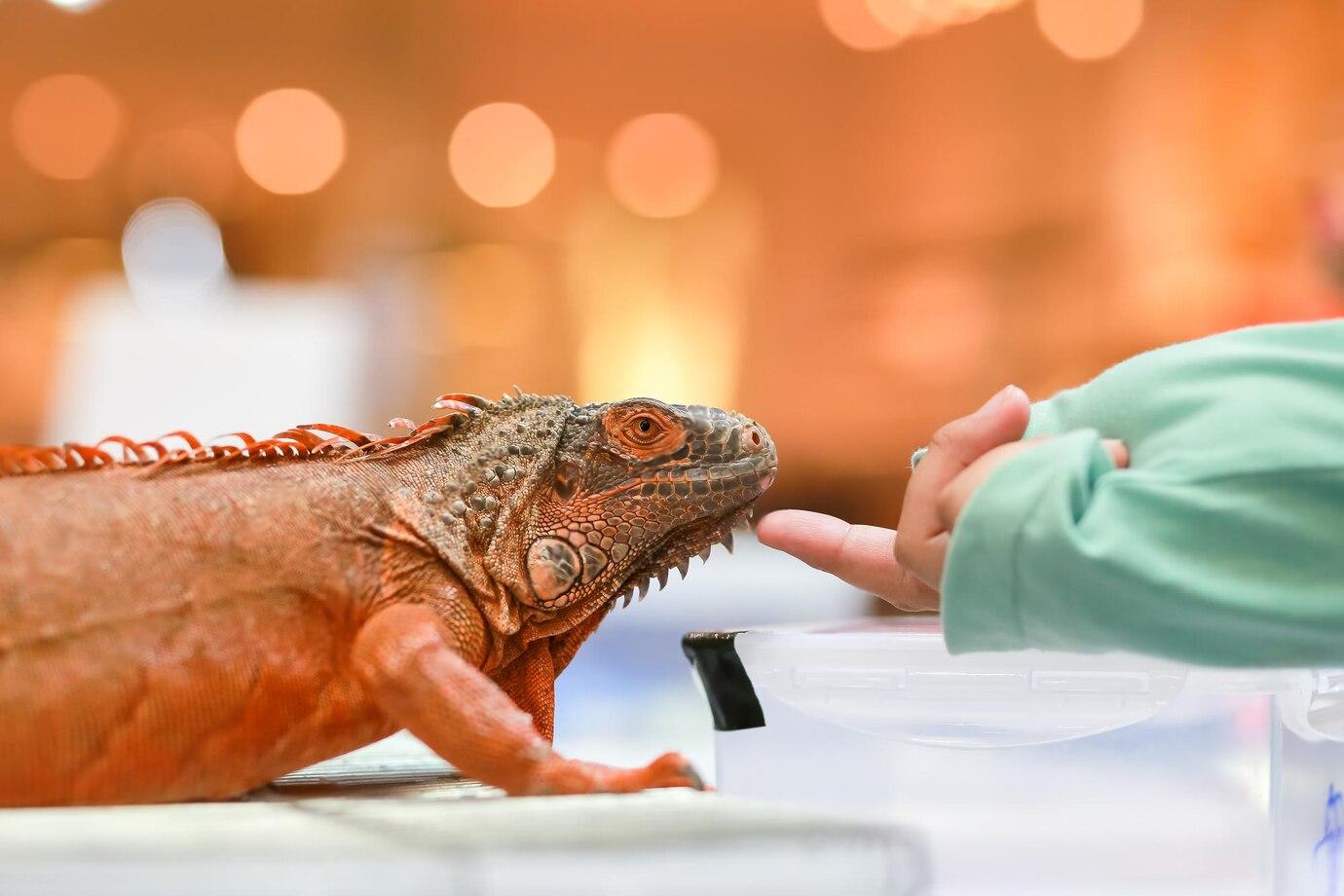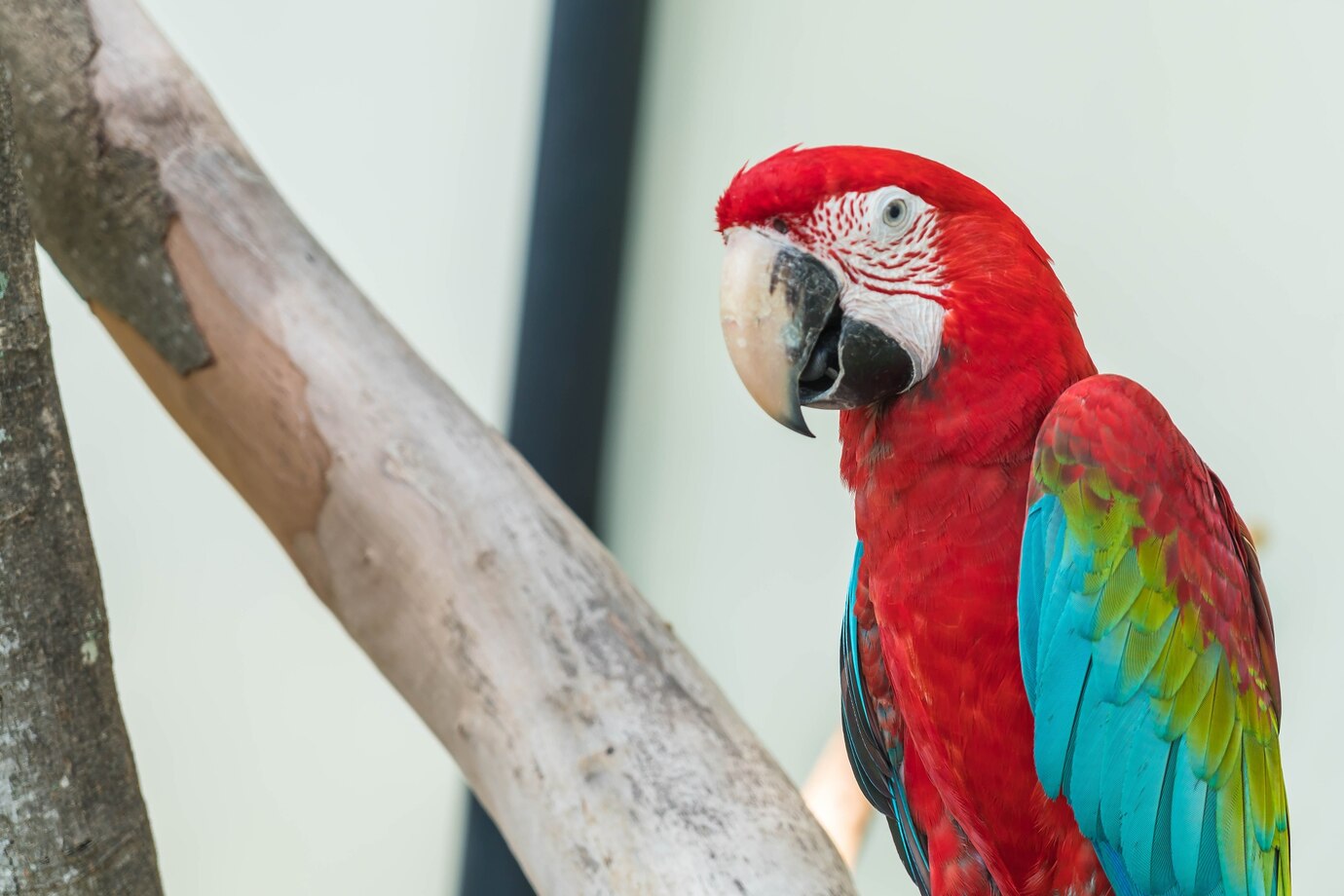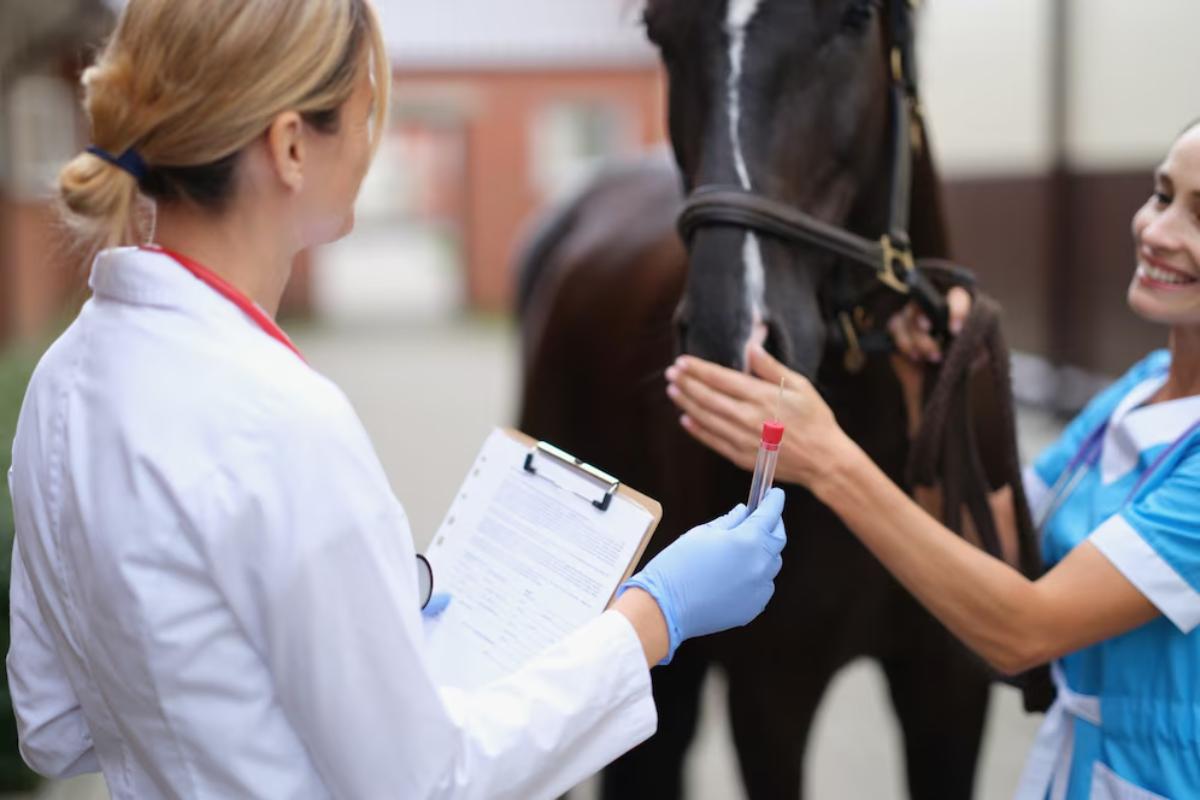
Exotic Pet Insurance: Is It Available and Worth It?
You’ve picked a pet that stands out. It might be a lively parrot, a majestic iguana, or a sugar glider that glides through your living room. These creatures are interesting and fun. Plus, they often spark conversations.
Owning an exotic pet has special challenges, especially for healthcare.
If your bearded dragon stops eating or your African Grey gets sick, you might panic. Then, you likely wonder: Can I get help? Will it cost a lot?
That’s where exotic pet insurance enters the conversation. It’s less common than pet insurance for cats and dogs, but it’s available. It might save you hundreds or even thousands if your rare pet needs medical care.
In this guide, we’ll examine insurance for reptiles and birds and discuss its pros and cons. This will help you decide if a policy is worth it for your rare pet.
What Counts as an Exotic Pet?
Before we discuss policies and pricing, let’s clarify what insurers mean by “exotic.”
Commonly insured exotic pets include:

- Reptiles (e.g. snakes, lizards, geckos, iguanas, tortoises)
- Birds (e.g. parrots, cockatiels, lovebirds, macaws)
- Small mammals (e.g. ferrets, sugar gliders, chinchillas, hedgehogs)
- Amphibians (e.g. frogs, toads, salamanders)
- Arachnids and insects (less commonly insured but occasionally included)
Most insurers classify any animal other than a cat or dog as “exotic.” That uniqueness requires a different kind of care and a more complex insurance landscape.
Why Exotic Pets Need Specialised Insurance
Owning an exotic pet is a commitment to specialised care. Unlike dogs and cats, exotic pets often require:
- Unique diets and habitat setups
- Experienced exotic vets (not all vets treat non-traditional pets)
- Advanced diagnostics to uncover subtle signs of illness
- Higher veterinary costs due to specialist services
Exotic pets also tend to hide illness — a natural defence mechanism in the wild. This means that when you notice symptoms, the condition might be serious or advanced. It could need urgent and expensive treatment.
Having insurance in place means you can act quickly without hesitating over the cost.
Is Exotic Pet Insurance Readily Available?
In the UK, pet insurance is largely dominated by coverage for cats and dogs. However, insurance for exotic pets does exist, though it’s less widely advertised.
Providers That Offer Exotic Pet Insurance:
- ExoticDirect
- One of the UK’s leading providers specialising in exotic animals
- Covers reptiles, birds, small mammals, and more
- Offers public liability, vet fees, and death/theft cover
- Nationwide (US-based, but worth mentioning)
- Offers exotic pet insurance for American readers
- Covers a broader range of species, including amphibians and rodents
- Specialist Brokers
- Some brokers can tailor cover for unique pets on request
- May involve higher premiums and limited policy features
Tip: Most big insurers don’t cover exotic pets. So, look for niche providers or ask your vet for suggestions.
What Does Exotic Pet Insurance Cover?
Coverage varies by provider, but here’s what’s typically included:
1. Veterinary Fees
This is the core of most policies and usually includes:
- Treatment for accidents or illness
- Diagnostic testing (bloodwork, X-rays)
- Medication and hospitalisation
- Specialist referrals
Note: Always confirm if your vet is a “recognised exotic vet.” Some insurers need this for claims.
2. Death and Theft Cover
Many plans include financial compensation if your pet:
- Passes away due to illness or accident
- Is stolen or escapes and isn’t recovered
You’ll usually get paid based on the purchase price or declared value. This is especially important for high-value birds or reptiles.
3. Public Liability (for certain pets)
Some policies offer public liability insurance, especially for animals that:
- Could pose a bite or injury risk (e.g. large parrots or reptiles)
- Could escape and cause damage
Important: This feature is less common and often excluded for species considered high-risk.
4. Boarding Fees (if you’re hospitalised)
If you’re unexpectedly admitted to the hospital, some policies cover the cost of:
- Emergency boarding
- Specialist exotic pet care
- Temporary habitat setup
It’s a small feature, but one that brings peace of mind, especially if you live alone.
What’s Not Covered?
Exotic pet policies also come with exclusions. Common ones include:
- Pre-existing conditions
- Routine care (e.g. nail trims, beak or claw clipping, diet-related expenses)
- Breeding or pregnancy
- Cosmetic procedures (e.g. feather plucking without medical cause)
- Behavioural issues (unless clearly medical and vet-referred)
Many policies also require annual health checks. Even if your pet looks healthy, this is needed for claims to be honoured.
How Much Does Exotic Pet Insurance Cost?
Premiums depend on several factors:
- Species and rarity
- Age of your pet
- Purchase price/value
- Level of cover (basic vs comprehensive)
- Your location
Average Monthly Costs (UK Estimates):
| Pet Type | Basic Cover | Comprehensive Cover |
| Parrots | £10–£20 | £25–£40+ |
| Reptiles | £6–£15 | £20–£30 |
| Ferrets | £10–£18 | £20–£35 |
| Small Mammals | £8–£12 | £15–£25 |
Pro tip: Lifetime policies are rare for exotic pets, and most are annual or time-limited.
Real-Life Story: Harvey the Amazon Parrot

Harvey, a vibrant Amazon parrot, began acting sluggish and refusing food—a red flag for birds. His owner, Laura, rushed him to an exotic vet, who diagnosed him with heavy metal poisoning (from chewing a curtain rod!).
Treatment required:
- Hospitalisation
- IV fluids
- Chelation therapy
- Follow-up blood work
The final bill? Just over £1,900.
Thanks to her exotic pet insurance, Laura paid only her £60 excess. Without it, she admits she’d have struggled to afford the necessary treatment.
Is Exotic Pet Insurance Worth It?
Let’s break it down.
Pros:
- Covers high-cost, unexpected treatment
- Peace of mind knowing you’re financially prepared
- Access to exotic specialists
- Protects rare and high-value animals
- Customised policies for different species
Cons:
- Limited providers
- Premiums can be high, especially for parrots
- Exclusions can be strict
- Routine care isn’t included
- Some claims may require specialist verification
So, is it worth it? Many exotic pet owners agree, especially if they have valuable or long-lived pets like parrots.
If your pet is low-risk, like some reptiles or rodents, consider self-insuring. This is also a good option if you have an emergency fund ready.
Alternatives to Traditional Exotic Pet Insurance
1. Emergency Savings Fund
Set aside a monthly amount (e.g. £15–£30) into a dedicated “pet health” account. Over time, this can help cover unexpected bills.
2. Wellness Plans (via vets)

Some exotic vets offer care plans that include:
- Annual check-ups
- Preventive health screens
- Discounts on medication or consultations
While these don’t cover emergencies, they help catch issues early.
3. Third-Party Liability Add-Ons
Some home insurance policies offer third-party cover for pets. If your animal escapes or causes injury/damage, this might apply.
Questions to Ask Before You Buy Exotic Pet Insurance
- Is my species covered?
- Are there age limits or health prerequisites?
- What’s the annual or per-condition claim limit?
- Are specialist vets recognised for claims?
- How does the claims process work?
- What documents are required when I claim?
- Does the policy renew automatically, and can I cancel easily?
Always read the full policy document before signing up. If in doubt, ask questions or seek advice from your vet.
Final Thoughts: Protecting the Unusual, Extraordinary, and Beloved
Exotic pets aren’t like your typical fluffy companions, but they need love, care, and protection, too.
Having an exotic pet, such as a colourful parrot, a gentle bearded dragon, or a fun chinchilla, takes a special approach. This also applies to their healthcare .
Exotic pet insurance isn’t just about covering vet bills. It’s about peace of mind. It means that if your pet gets sick or hurt, you won’t face tough choices about money.


